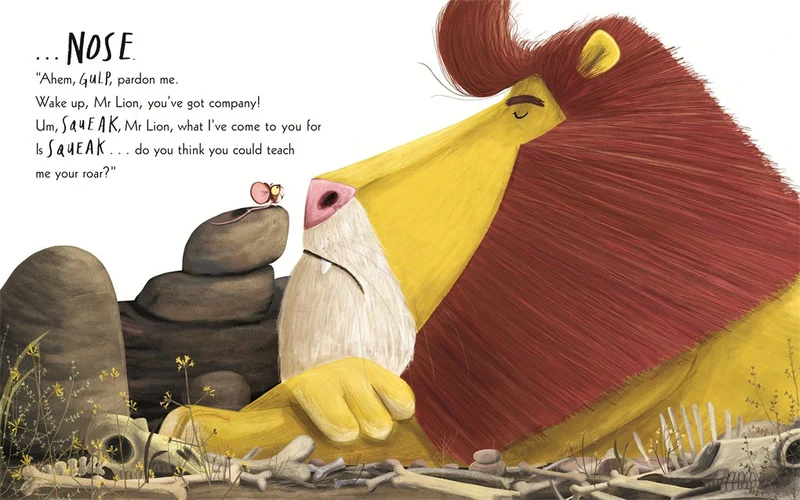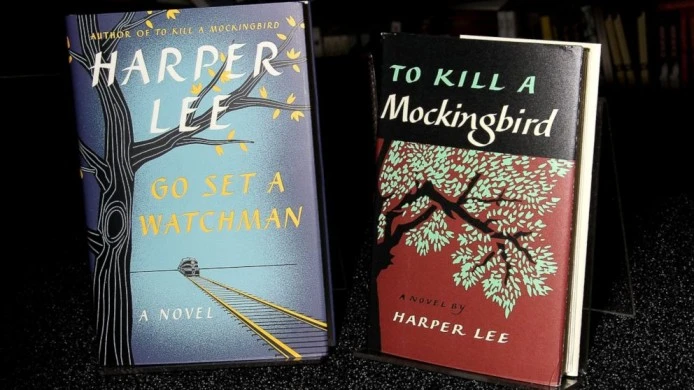A Search for U.F.O.s Leads to Utopian Dreams in This Debut Novel

NINE SHINY OBJECTS
By Brian Castleberry
In the summer of 1947, a private pilot crossing the Cascade Mountains in Washington State reported seeing nine shiny objects in the sky. The sighting led to the first use of the term “flying saucer” and a global obsession with U.F.O.s.
It also sets in motion Brian Castleberry’s debut novel, “Nine Shiny Objects.” The book’s broad cast of characters are obsessed with the possibility of another way of life. Oliver Danville, a failed young actor, is looking for a reason to flee the Midwest when he reads a newspaper article about the sighting, “the one that would change everything.” He hitchhikes west, following those nine shiny objects, and by the time he has reached the coast, he too has found a following. Without quite meaning to, he becomes the leader known as the Tzadi Sophit. He is the One, with a Vision that has been transferred to him by the Seekers.
Seekers of what? Vision of what? The answers to those questions are rather opaque. At the start, it seems Oliver promises his followers that they will be “taken up” by extraterrestrials, that “a new dawn would come.” But the mission morphs. One of the followers, a leftist radio host named Alice Linwood, recalls the early days of the movement as a kind of proto-hippie commune: “Funny thing was she started to believe. Belief, she liked to say later, infected her. At first it didn’t matter what the root of the issue was, whether the Sophit’s ideas came from alien beings or Moses or Dwight D. Eisenhower. What mattered was the end product.”
The end product for Alice and for many others seems to be family, belonging, a loving and racially diverse community. She believes so strongly in the Vision that she agrees to move across the country to Ridge Landing, a Long Island suburb near the site of a planned neighborhood of Seekers. Her family’s job is to foster “a general sense of racial harmony and progress,” welcoming with other whites new black and Mexican neighbors, attending town meetings, spreading the word about desegregation and voting rights. Others in Ridge Landing aren’t so progressive. One night, at a dinner party, violence erupts, and the Vision is irrevocably wounded.
That we aren’t fully initiated into the Vision, that we are outsiders to the exclusive club, isn’t as dismaying as the novel’s lack of moral exigence and, well, vision. The sense of social progress, and the driving dream that unites these characters, remain general. The motivations of both the cynics and idealists are at times diffuse and difficult to understand, let alone believe.
These limitations are partly due to the creative structure of this novel, which could also be called a collection of linked short stories. In nine chapters, we follow nine characters at five-year intervals, from 1947 to 1987, each character tied in some way to the Seekers. The strongest of these chapters read as stand-alone pieces, often ending in a moving and artful crescendo. Discovering the nature of the characters’ associations and intersections across the chapters is one of the richest pleasures of the book.
Another pleasure: the detailed portraits of 20th-century American life. Each chapter is a neatly packed and well-researched time capsule, and in the early ones we find automats, hi-fi, Miltown pills, mayonnaise. Before we know it, though, we’ve been steered through the Korean War and into the counterculture, and then into punk, the close-clinging omniscient narration nimbly taking on the voices of each decade.
While we’re traveling through time, we’re also traveling through space, from Illinois to Idaho to California to Florida to New York, seeking answers about these Seekers, getting closer and closer to understanding the Vision. In this way the novel truly feels like a short-story cycle, its rhythms elliptical, its vantage points orbiting the shadowy subject at the heart of its universe. They circle swiftly, these nine shiny objects, never settling in our atmosphere for long, and their power stays resolutely mysterious.




